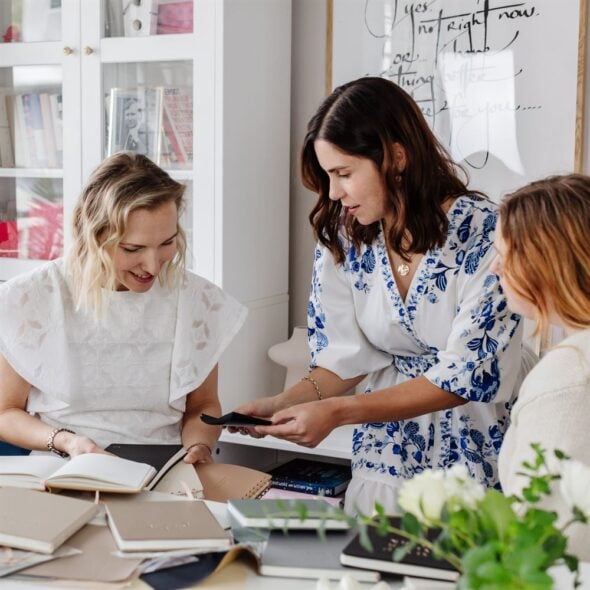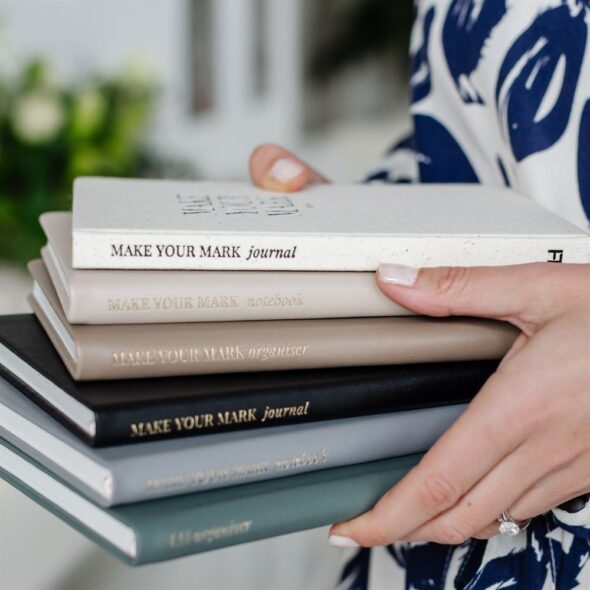Facebook Friend or True Friendship?
The definition of what makes a friend, and the behaviour that is required to maintain a satisfying, and connected friendship, does vary depending on who you ask. A friend these days can range from someone we agree to have as our Facebook friend or a close confidant.
However, there is some consensus in psychological research as to the key components that form and enhance friendships:
- Shared interests or beliefs
- Personally beneficial to each person
- Close proximity or frequency of contact in any form that allows the relationship to continue in the same manner
- Mutual affection or support
The Lifespan of a Friendship
Therefore, we usually find that, irrelevant of age, we develop friendships based on these factors. So when you were in high school, you were surrounded by people, outside of your family, that were going through similar challenges (i.e., facing exams) and often shared similar interests (i.e., sports teams, music) and beliefs.
After leaving school, the trajectory of people’s lives tends to become more diverse. For some, this means focusing on meeting a partner, getting married and having a family, while for others the primary focus may be on career development and progression, or a variety of different goals. The time points of which people face common challenges (i.e., getting pregnant, buying their first property, managing expectations of superiors) or striving towards goals (i.e., travel, making partner in the firm, financial independence, developing a business idea) may be different, and this means that the similarities/shared challenges, benefits from the relationship or proximity that we once had with our friends may also change.
Career progression at times can alienate or make it difficult to maintain the friendships you once had. Sometimes that can be due to less available time, differing goals, or changing levels/capacity for support. Success in life, including career is enhanced by friendships and a social network that is truly supportive and personally beneficial. That said, friendships don’t necessarily come easily and require work to maintain.
4 Strategies for Maintaining Valuable Friendships
1. Re-identify shared interests or beliefs
It may have been your enjoyment of a particular music genre that drew you close initially, or similar beliefs such as the way you treat animals, or key values such as loyalty or commitment. By identifying what is similar, the foundation of your friendships remains clear, even if you operate in different domains of life, spend your time differently, and have different goals or future plans.
Discover our Make Your Mark planners and journals to help you create daily life habits to grow as a leader.
2. Recognise what is valuable to you or unique about the friendship
As you progress in your career, it can be easy to overlook the benefits of a friendship that is not central to your day to day life. By reviewing how friendships contribute to your life (no matter how small or frequent) you get a better picture of how to make your friendships a part of who you are, and allow you to work towards a life vision.
3. Be honest with yourself about friendships and their role in your life
Sometimes you find that people continue to pursue friendships due to the length of the friendship, rather than for the mutual affection and connection. To progress requires you to build and grow relationships that are prosperous to your life and goals, and gently distance yourself from those that hold you back or do not consider what is truly in your best interests.
4. Identify for yourself the type of relationships and friendships that support you for your given life stage and vision.
Relationships are dynamic and changeable, this means that you don’t have one set of friendships or that the nature of your friendship will necessary stay the same for life, but rather they are evolving. In real terms, sometimes your close to the people you work side by side with on that impending deadline, and sometimes you have a greater affinity with friends that bring out your silly side.
Featured Photo credit: PC – My Shots@Photography / Foter / CC BY-NC-ND
Dr. Gemma Russell is a registered Clinical Psychologist and Director of Clever Minds Psychology, in Melbourne, Australia. Dr. Russell has worked within the private and public health sector and criminal justice system, in Australia and New Zealand. Her academic career has involved publications for notable journals and the presentation of research at conferences within the disciplines of Psychology, Psychiatry and Criminal Behaviour. Dr. Russell specialises in delivering evidence-based assessment and consultation to adults interested in self-development, and developing a growth mindset to be more effective within their relationships, business or life in general.




